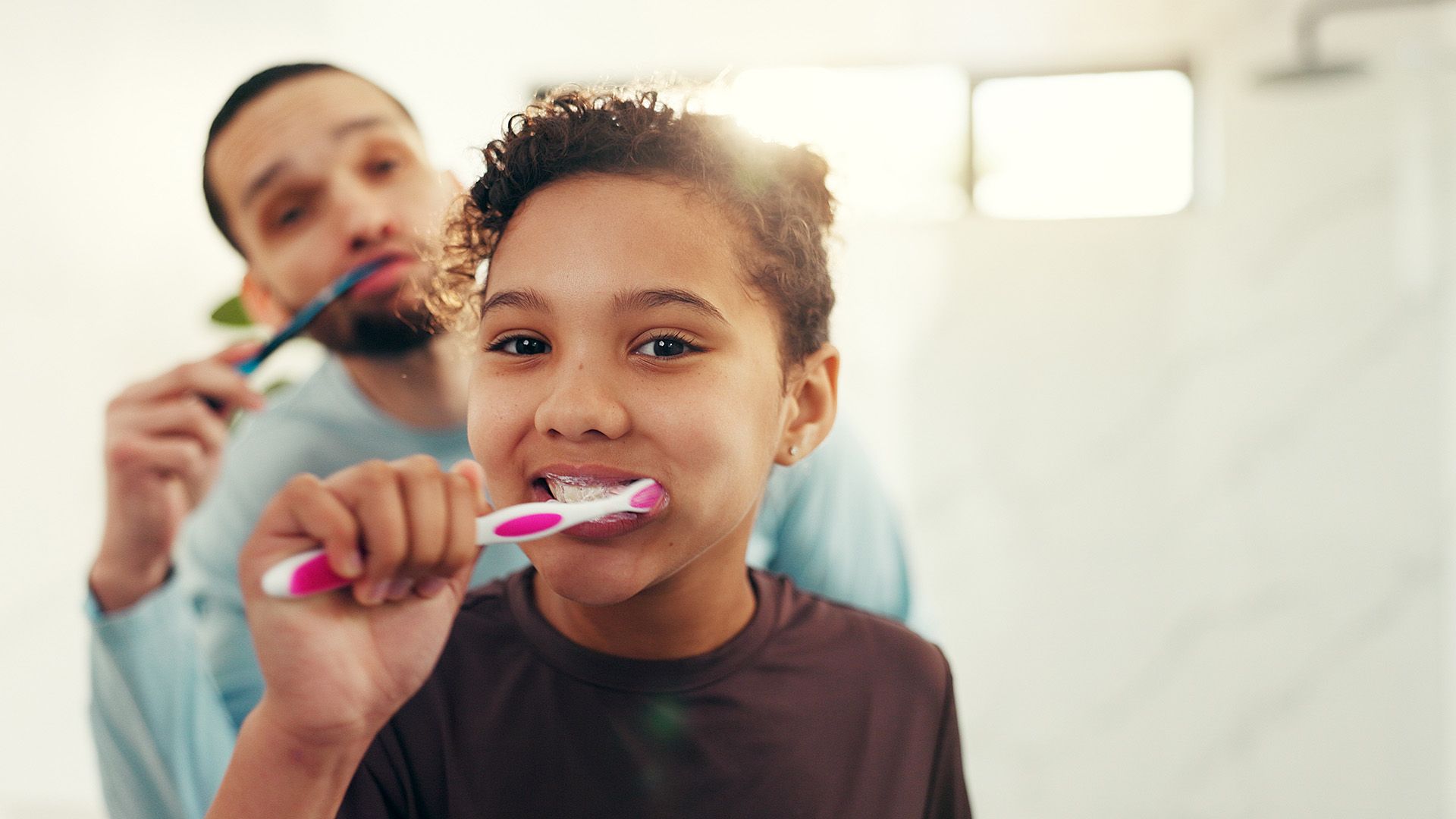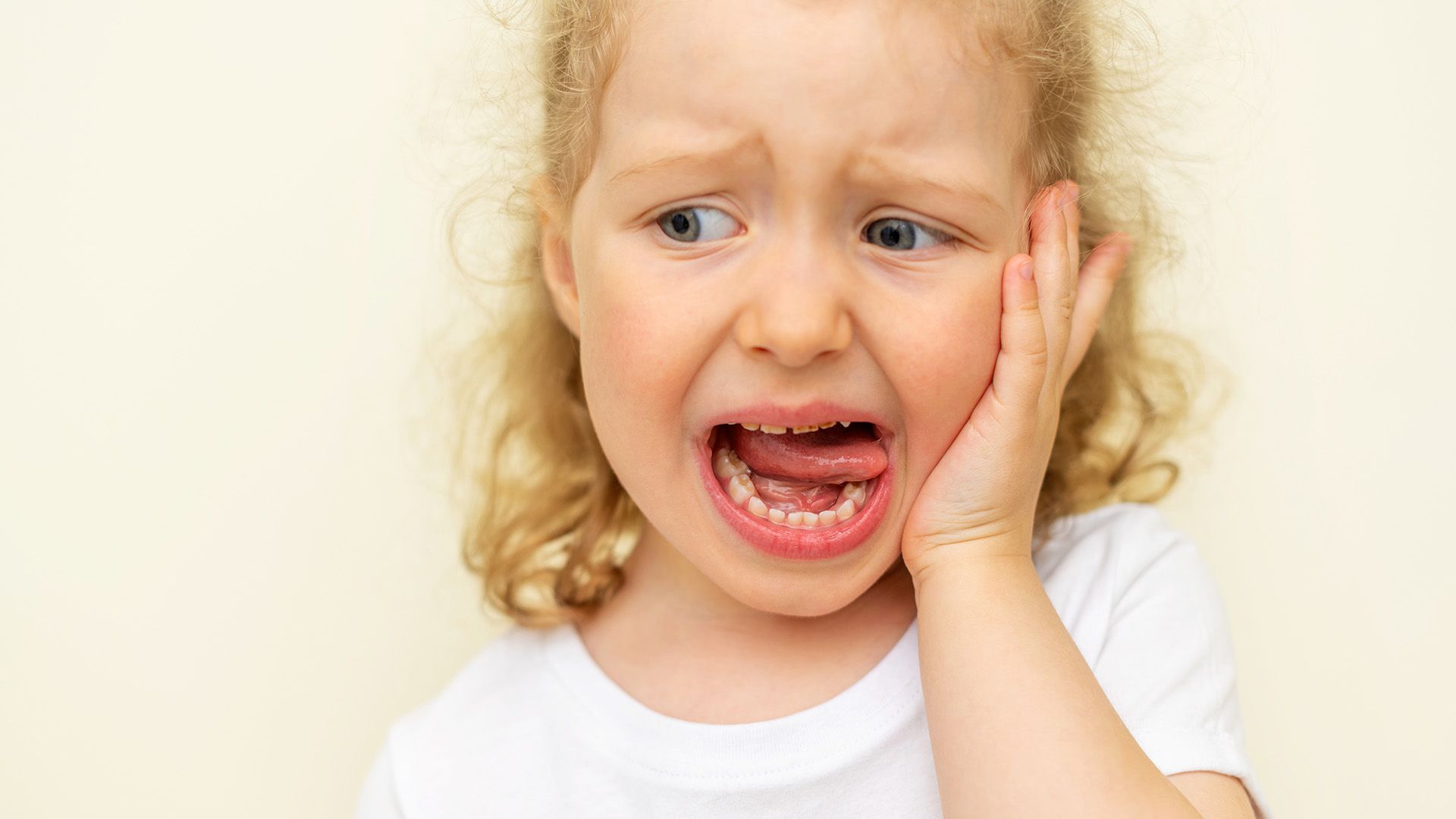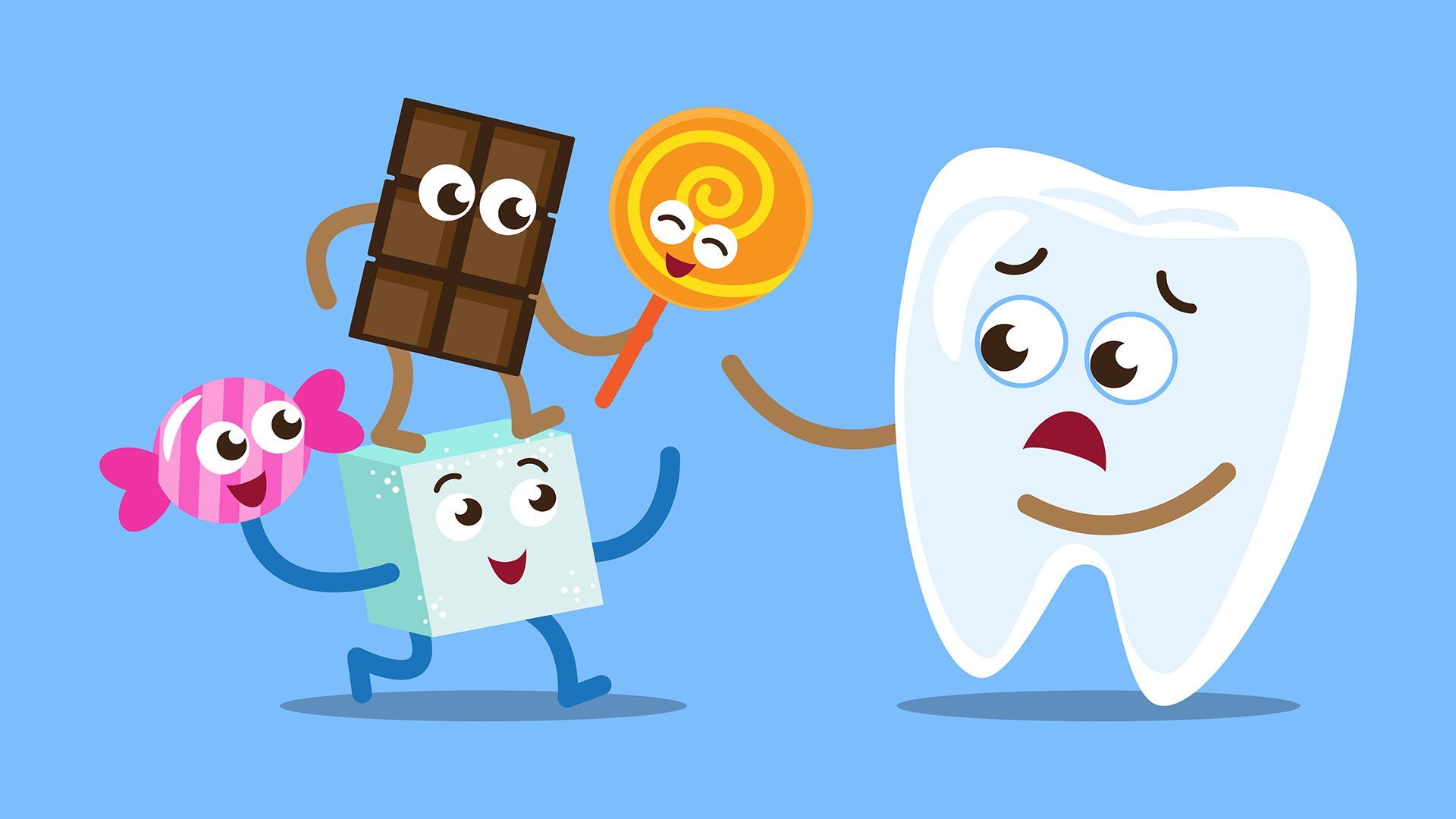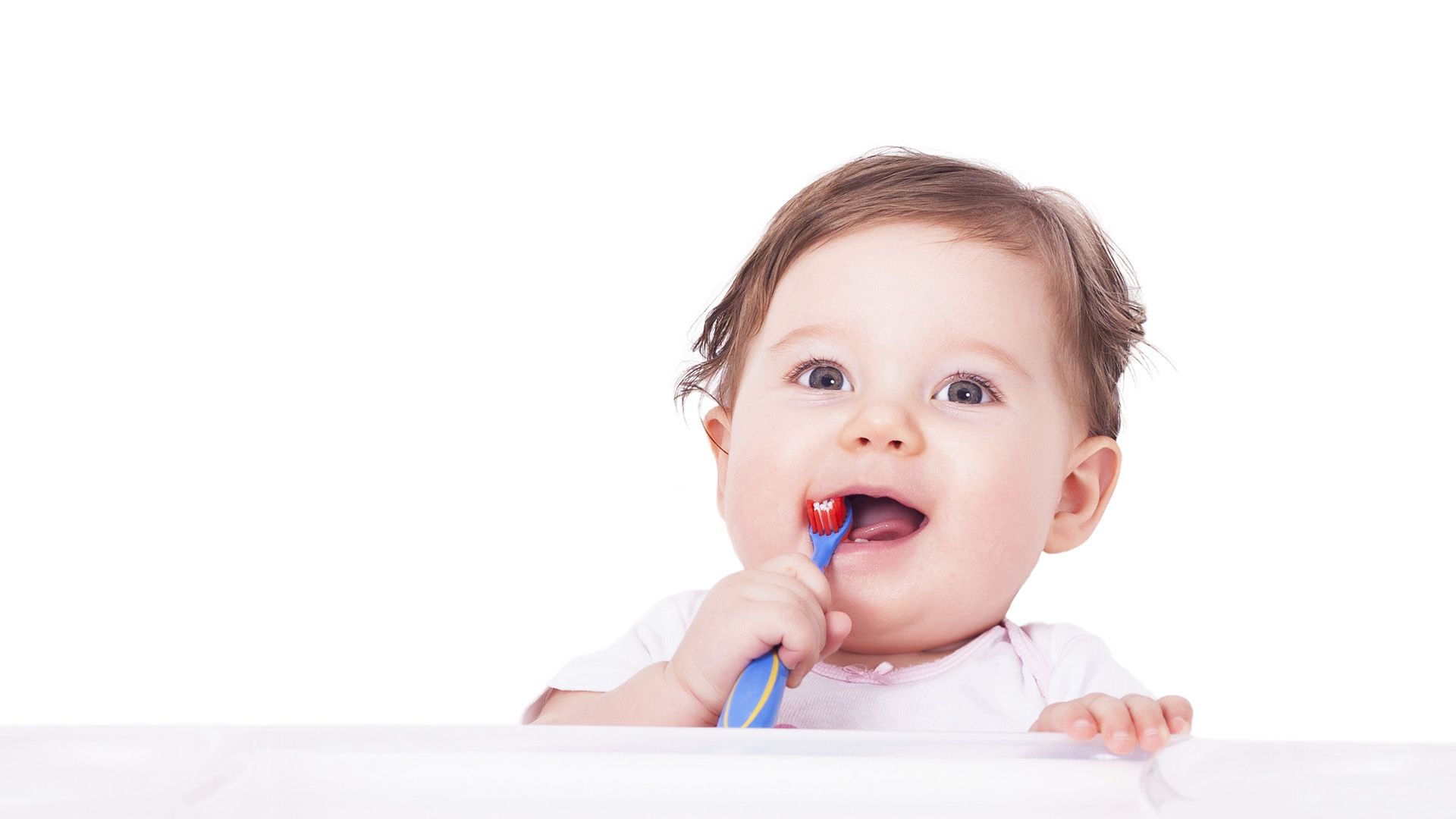What Does Flossing Do? Understanding Its Importance for Oral Health
So what does flossing do and why is it so important? Flossing is an essential component of oral health, particularly for children. While brushing helps remove plaque and food particles from the surfaces of teeth, flossing reaches the tight spaces between them where toothbrushes can't. This practice helps prevent cavities and gum disease, ensuring a bright and healthy smile. Understanding the benefits of flossing can encourage better dental habits. This article will explore why flossing is crucial for kids, how it works, the recommended frequency and best practices, and common mistakes to avoid. Let's dive into the details to empower your child with excellent oral hygiene habits!
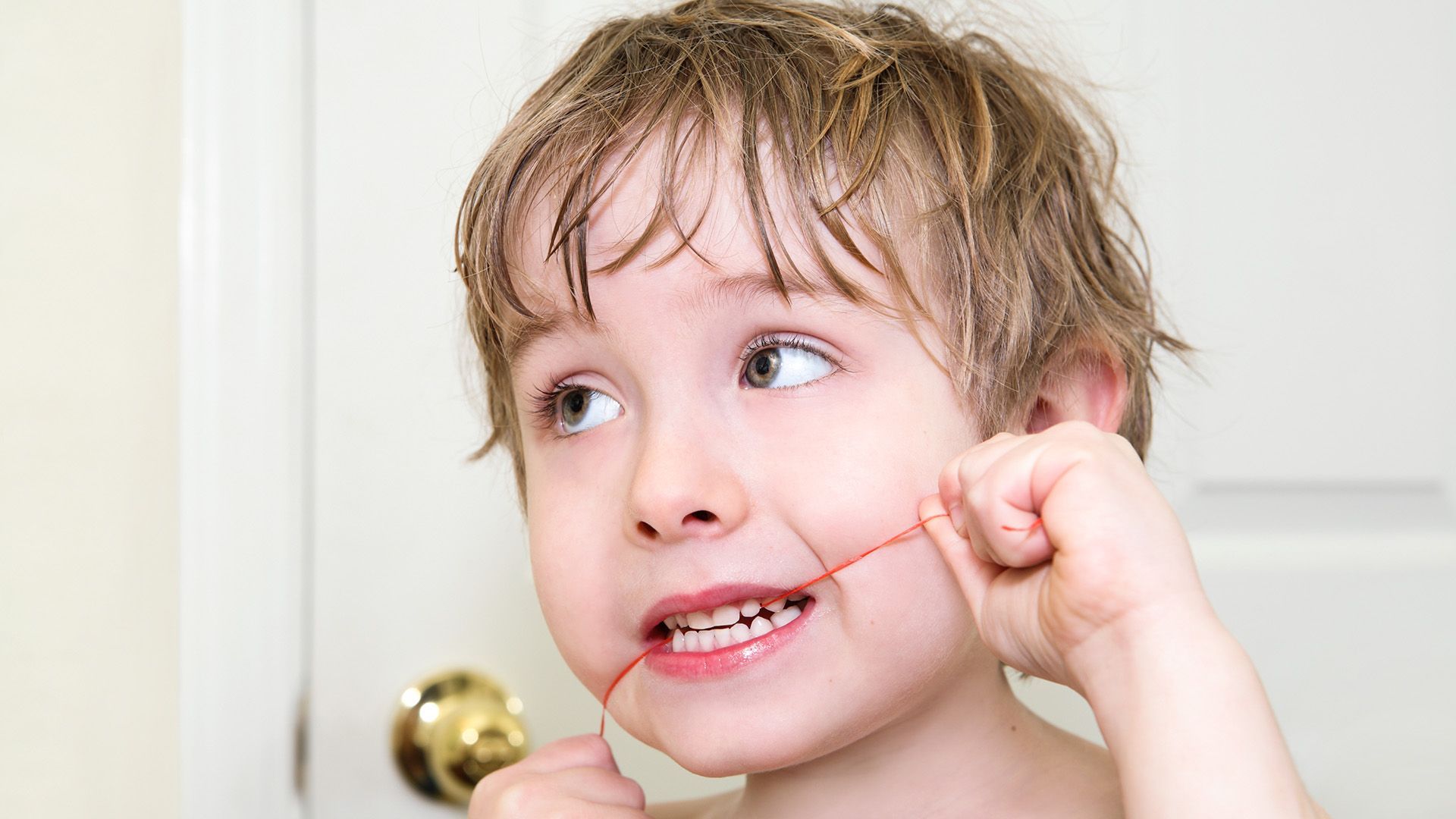
Why Flossing is Essential for Kids
Flossing is vital for maintaining oral health, especially in children. One of its primary roles is preventing cavities. Children often consume sugary snacks that can stick between their teeth, creating an environment conducive to bacteria. Flossing removes food debris and plaque buildup that brushing alone might miss, significantly reducing the risk of cavities and promoting a brighter, healthier smile.
In addition to cavity prevention, flossing is essential for maintaining gum health. Kids can be prone to gum issues, such as gingivitis, if plaque isn't adequately managed. Regular flossing helps keep the gums clean and free from inflammation, promoting overall dental hygiene. Healthy gums are crucial for supporting teeth and preventing future complications.
Moreover, establishing a flossing routine helps children develop good dental habits that will last a lifetime. Teaching kids to floss daily instills the importance of comprehensive oral care, encouraging them to take responsibility for their dental health. This foundational habit can lead to better oral hygiene practices as they grow older, making them less susceptible to dental problems in the future.
How Flossing Works
Understanding how flossing works can encourage better habits for both children and adults. When you use dental floss, you slide the thin strand between your teeth, reaching areas that a toothbrush simply cannot access. This action mechanically dislodges food particles and debris trapped between the teeth and along the gumline.
One of the primary benefits of flossing is its effectiveness in removing plaque—a sticky film of bacteria that forms on teeth. If left untreated, plaque can harden into tartar, leading to cavities and gum disease. Regular flossing disrupts this plaque build-up, preventing it from accumulating in those tight spaces. This is particularly important for kids, as developing good flossing habits early can set the stage for a lifetime of oral health.
The connection between flossing and overall oral hygiene is significant. Flossing not only keeps your mouth clean but also contributes to fresher breath and healthier gums. Healthy gums are vital as they serve as a foundation for your teeth. Encouraging children to floss daily helps them understand the importance of oral hygiene and instills a sense of responsibility for their dental health. The benefits of flossing are numerous, promoting a bright, healthy smile.
Should You Floss Everyday? Flossing Frequency and Best Practices
Should you floss everyday and if so why? Flossing is an essential part of good oral hygiene, especially for children. It is recommended that children start flossing daily as soon as they have two teeth that touch. This practice helps to prevent cavities and gum disease by removing food particles and plaque from between the teeth, where a toothbrush may not reach effectively.
The best time to floss is before brushing your child’s teeth. This sequence allows you to dislodge any debris or plaque between the teeth, ensuring that fluoride from the toothpaste can reach all surfaces more effectively after flossing.
To make flossing easier and more enjoyable for kids, consider these helpful tips: Use child-friendly flossers designed for small hands and mouths. Floss picks or pre-threaded flossers can simplify the process and make it less intimidating. Encourage your child to choose their favorite flavor of floss or toothpaste to make the experience more appealing. Additionally, turn flossing into a fun routine by playing their favorite song or setting a timer for two minutes, allowing them to feel accomplished once they’ve finished. By integrating these practices into their dental care routine, you can help your child develop good habits that will last a lifetime.
Common Flossing Mistakes to Avoid
While flossing is crucial for maintaining your child's oral health, many kids struggle with proper techniques. A common mistake is using incorrect flossing methods. For instance, if your child merely rubs the floss against their teeth without wrapping it around each tooth, they may not be effectively removing plaque and food particles. Additionally, using too much force can cause discomfort and damage the gums, leading to a negative association with flossing.
Another sign that your child is not flossing properly is if they frequently complain of bleeding gums or if you notice redness and swelling in their gum tissue. These indicators suggest they may be flossing too aggressively or not at all. It's also essential to check for missed areas between teeth, as these spots can harbor bacteria and lead to cavities over time.
To encourage proper flossing habits, make it a fun and engaging activity. You can set a regular flossing routine and turn it into a game, rewarding your child for consistent efforts. Additionally, lead by example—demonstrate the correct technique and floss together. Investing in
kid-friendly flossers or flavored floss can also make the process more appealing. Remember, establishing good dental hygiene habits early on will set the foundation for a lifetime of healthy smiles. The benefits of flossing, when done correctly, are immense and can lead to a healthier, brighter smile.
